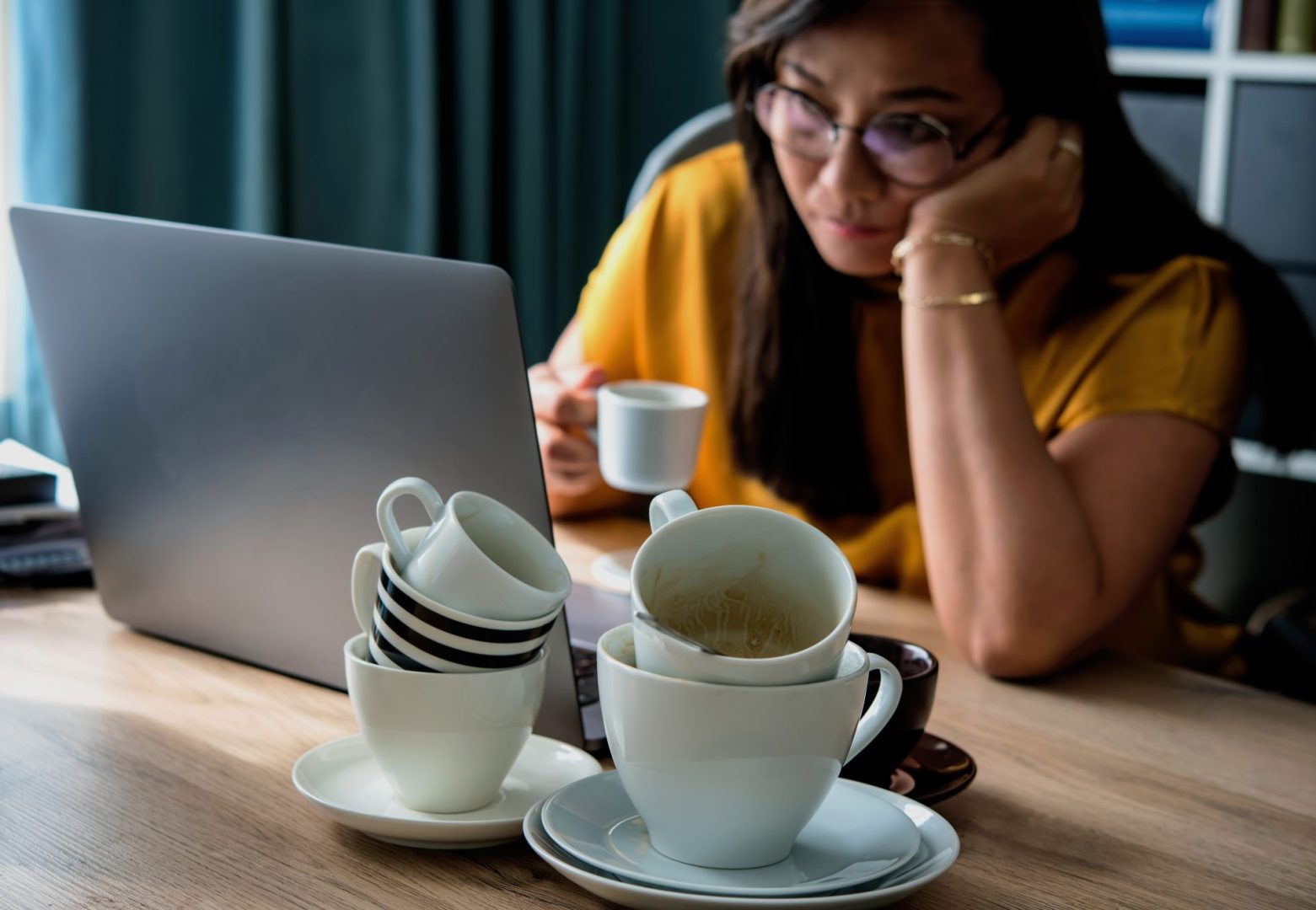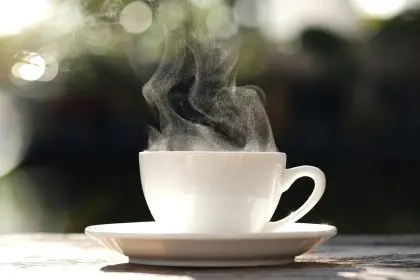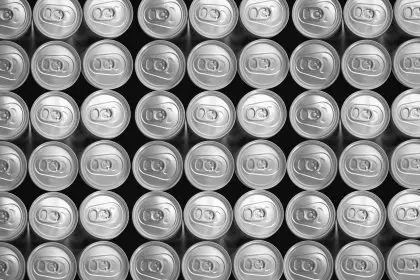You roll out of bed, stumble to the kitchen, and reach for that magical cup of coffee that’s supposed to transform you from zombie to human. But lately, you’ve noticed something weird — instead of feeling energized, you’re actually more tired after your morning coffee. Before you blame your brew or question your sanity, know that you’re not imagining things.
That beloved morning ritual might be working against you in ways you never expected, creating a cycle that leaves you more exhausted than when you started.
The adenosine masking effect
Here’s what’s really happening when your morning coffee is making you tired: caffeine doesn’t actually give you energy — it blocks the signals that tell your brain you’re tired. Throughout the day, your brain produces a chemical called adenosine, which builds up and makes you feel sleepy.
Caffeine works by blocking adenosine receptors in your brain, essentially putting a mask over your tiredness rather than eliminating it. When the caffeine wears off, all that accumulated adenosine hits you at once, creating what feels like a sudden energy crash.
If you’re drinking coffee first thing in the morning when adenosine levels are naturally low, you’re not getting much benefit. You’re just setting yourself up for a harder crash later when your body has to process both the caffeine comedown and the natural adenosine buildup.
Your cortisol levels are already peaked
Your body naturally produces cortisol in the morning to help you wake up and feel alert. This hormone peaks between 8 a.m. and 9 a.m. for most people, which means you’re already primed for energy when you reach for that first cup.
Adding caffeine when your cortisol is already high can actually interfere with this natural process. Your body starts relying on the caffeine instead of its own wake-up mechanisms, and over time, your natural cortisol production can become disrupted.
This creates a dependency where you need more and more caffeine to feel normal, while your body’s natural energy systems get weaker. It’s like training your body to be lazy about producing its own energy.
The dehydration factor
Coffee is a diuretic, which means it makes you urinate more frequently and can lead to dehydration. Even mild dehydration can cause fatigue, headaches, and difficulty concentrating — symptoms that feel a lot like needing more caffeine.
Many people mistake dehydration symptoms for caffeine withdrawal, leading them to drink more coffee when what they really need is water. This creates a cycle where you’re constantly slightly dehydrated and constantly tired, reaching for more caffeine to fix a problem that caffeine is partly causing.
If you’re not drinking enough water alongside your coffee, you’re setting yourself up for energy crashes throughout the day.
Blood sugar rollercoaster
Coffee, especially on an empty stomach, can cause your blood sugar to spike and then crash. This is particularly true if you’re adding sugar, flavored syrups, or drinking those fancy coffee drinks that are basically desserts in disguise.
The caffeine stimulates your adrenal glands to release stress hormones, which can cause your liver to release stored glucose into your bloodstream. This creates a temporary energy boost followed by a crash when your blood sugar drops.
If you’re not eating breakfast or you’re pairing your coffee with sugary pastries, you’re amplifying this blood sugar rollercoaster effect. Your morning coffee making you tired might actually be about what you’re eating — or not eating — with it.
Sleep quality disruption
Even if you only drink coffee in the morning, it can still affect your sleep quality that night. Caffeine has a half-life of about 6 hours, which means if you drink coffee at 8 a.m., you still have caffeine in your system at 2 p.m.
For sensitive individuals, even small amounts of caffeine can disrupt sleep architecture, making your sleep less restorative even if you don’t consciously notice it. Poor sleep quality means you wake up more tired, which makes you reach for more coffee, perpetuating the cycle.
If you’re drinking multiple cups throughout the morning or having coffee later in the day, you’re almost certainly affecting your sleep quality in ways that make you more tired the next day.
Tolerance and withdrawal cycles
Your body quickly builds tolerance to caffeine, meaning you need more to get the same effect. What started as one cup might become two, then three, then you’re basically drinking coffee all day just to feel normal.
When you don’t get your usual dose, you experience withdrawal symptoms that feel like extreme tiredness, headaches, and brain fog. These symptoms can start within 12-24 hours of your last caffeine intake, which means you might be experiencing withdrawal every single morning.
This creates a cycle where you’re not really getting energy from coffee — you’re just avoiding withdrawal symptoms. The coffee isn’t making you more alert; it’s just making you feel normal again.
Better timing and alternatives
If you can’t give up your morning coffee entirely, try waiting 90 minutes after waking up to drink it. This allows your cortisol levels to do their natural thing before adding caffeine to the mix.
Focus on hydration first — drink a full glass of water when you wake up, and continue drinking water throughout the day. Many people find that proper hydration alone significantly improves their energy levels.
Consider having a protein-rich breakfast before your coffee to stabilize blood sugar and reduce the crash potential. Even something simple like Greek yogurt or eggs can make a huge difference in how caffeine affects you.
Bottom line? Your morning coffee making you tired isn’t a sign that you need stronger coffee or more of it. It’s usually a sign that your relationship with caffeine has become counterproductive. Sometimes the best way to get more energy is to step back from the thing you think is giving it to you.

















